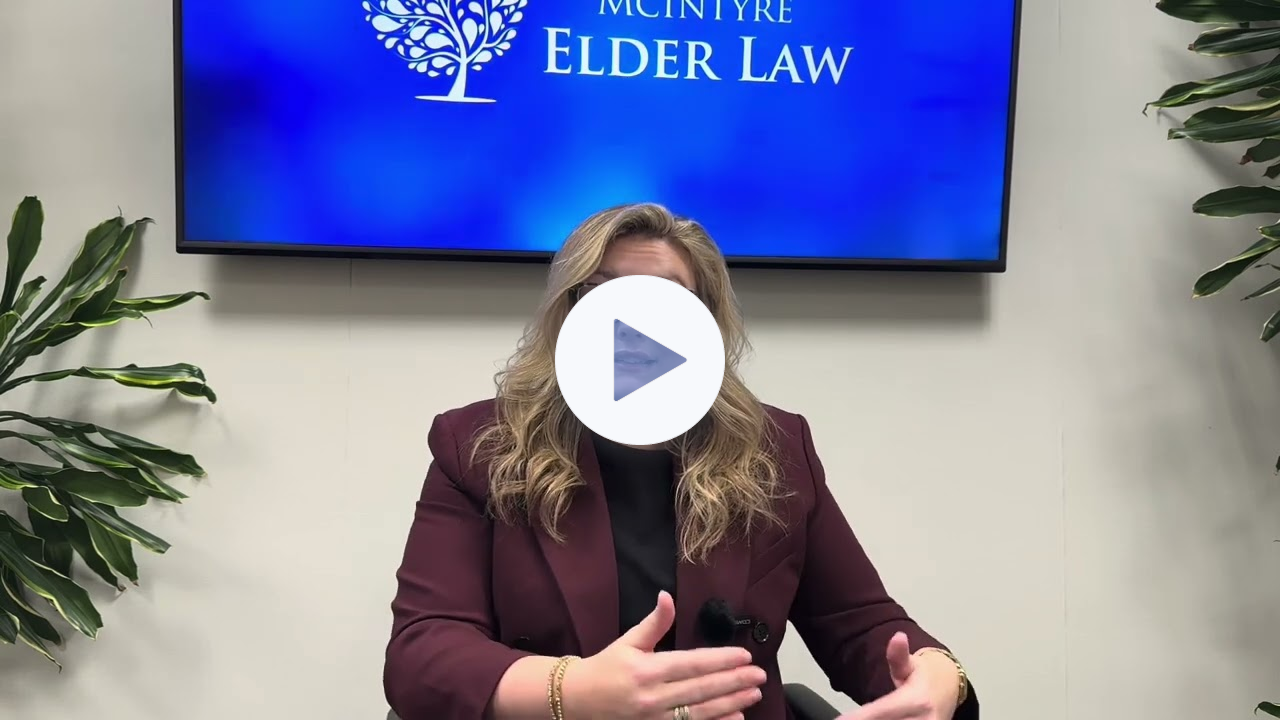Why Estate Planning is Essential
Much like setting personal resolutions, estate planning is about defining your goals, putting a plan in place, and regularly reviewing it to ensure it aligns with your objectives. An estate plan ensures that:
- Your assets are distributed according to your wishes after your passing.
- Your family is cared for, including minor
children or elderly parents.
- Decisions about your finances and healthcare are made by someone you trust if you become incapacitated.
If creating an estate plan isn’t already on your resolution list for 2025, now is the time to prioritize it.
Key Documents in Estate Planning
An effective estate plan includes several essential documents
tailored to your unique circumstances. Here’s what to consider:
1. Last Will and Testament
- Purpose: Specifies how your assets will be distributed after your death and names a guardian for any minor children.
- Key Considerations: Without a will, the court decides how to distribute your estate, which may not align with your
wishes.
2. Power of Attorney (POA)
- Purpose: Designates someone to handle your financial or healthcare decisions if you become incapacitated.
- Types of POAs:
- Financial POA: Manages your finances and property.
- Healthcare POA: Makes medical
decisions on your behalf.
3. Healthcare Directives
- Purpose: Outlines your preferences for medical treatment in case you cannot communicate them.
4. Trusts
- Purpose: Helps manage and protect assets, potentially avoiding probate and providing specific instructions for
distribution.
- Types of Trusts: Revocable, irrevocable, special needs trusts, etc., depending on your goals.





